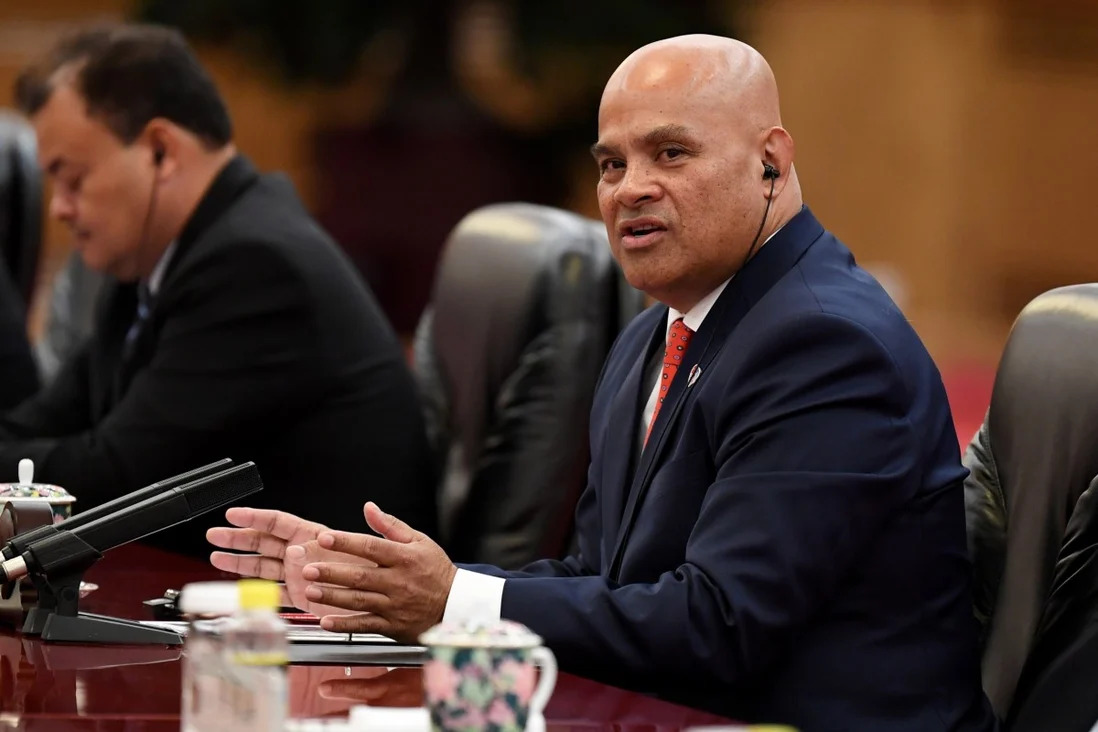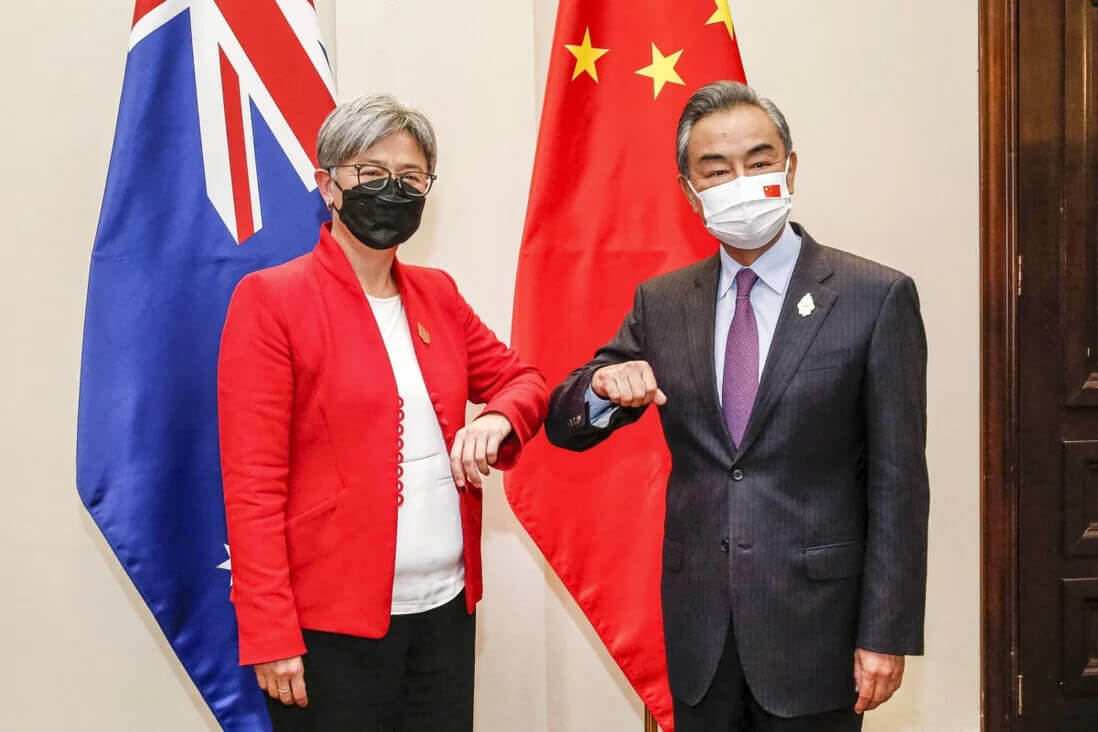South Asia
Sri Lanka’s Department of Consensus and Statistics declared that consumer inflation spiked to 70.2% in August. While experts predict that inflation rates are expected to drop, they are only expected to reach the single digits by the end of 2023. [Al Jazeera]
Former Pakistan Prime Minister Imran Khan appeared before the Islamabad High Court (IHC) to apologise for the controversial comments made against Judge Zeba Chaudhry during a rally last month, during which Khan vowed to get revenge for her role in the alleged torture of his chief of staff Shahbaz Gill. Earlier this week, the IHC dismissed anti-terrorism charges that were filed against Khan over his statements against members of the judiciary, police force, and incumbent government. [The News]
Central Asia and the Caucasus
Armenian Prime Minister Nikol Pashinyan on Thursday called for a new international observation mission in Nagorno-Karabakh. Speaking at the 77th session of the United Nations General Assembly in New York, Pashinyan said such a mission would be an “important factor” for regional security. Noting that Azerbaijan is using force against Armenia every day and imposing its plans unilaterally, the PM stressed that the full engagement of the international community is needed to ensure that Azerbaijan adheres to international norms. [Armen Press]
Kazakh parliamentary speaker Maulen Ashimbaev said his country would not issue residence permits to Russian citizens fleeing mandatory military conscription following Vladimir Putin’s partial mobilisation announcement. Kazakhstan would only provide residence permits to those individuals who furnish no-objection certificates from the Russian government, Ashimbayev noted. [RFE/RL]
East and Southeast Asia
The Japanese defence ministry said on Thursday it will not be training members of Myanmar’s military from next year over the junta’s executions of pro-democracy activists. [NHK]
Japanese Prime Minister (PM) Fumio Kishida announced on Thursday the country will relax its COVID-19 border control measures from next month to help accelerate the recovery of the country’s tourism sector. “We are a nation that has flourished through the free flow of people, goods and capital,” the PM said on Thursday. “COVID-19, of course, interrupted all of these benefits, but from October 11, Japan will relax border control measures to be on par with the United States, as well as resume visa-free travel and individual travel,” he declared. [Japan Today]
Europe
The North Atlantic Treaty Organization declared on Thursday that it would “not recognise” Russia’s “illegal and illegitimate” attempts to annex Donetsk, Luhansk, Zaporizhzhia, and Kherson, saying they constitute a “blatant violation” of the United Nations Charter. The alliance called the referendums Ukraine a “sham” and urged the international community to reject Russia’s “territorial conquest.” [Reuters]
The European Commission called for a uniform policy to allow individuals to assess requests for entry from Russia that specifically considers their need for asylum and protection. The Commission’s spokesperson, Peter Stano, said that protests in Russia represent opposition to the Ukraine war and vowed to support individuals opposing the military invasion. [Al Jazeera]
Russian Foreign Minister Sergey Lavrov and his Chinese counterpart Wang Yi “sharply criticised” the United States’ “destructive foreign policy” during a bilateral meeting on the sidelines of the United Nations General Assembly in New York on Thursday. The two leaders also stressed on the “the importance of unconditional compliance of the host country with its obligations to ensure the work of the UN General Assembly and unhindered access to the New York venue for foreign delegates.” [Russian Foreign Ministry]
Latin America and the Caribbean
Venezuelan President Nicolás Maduro on Thursday once again took aim at the United States’ “imperialism,” saying it "threatens our homeland" by “arrogantly manipulating, trying to manipulate Venezuela and Venezuelans.” The United States has warned that it could level heavier sanctions if the Maduro administration does not resume negotiations with the opposition after talks were suspended last October. [teleSUR]
Heavy rains in El Salvador led to landslides to the south of capital city San Salvador that have thus far killed at least seven people, including three children. Countries across the region, including Guatemala, Honduras, Nicaragua, and Costa Rica, have all been experiencing heavy rainfall. It also coincides with a period of severe weather events across the region, with a 6.8 magnitude earthquake killing two people in Mexico on Thursday and a Category 4 hurricane hurtling towards Bermuda that has already killed five people. [Al Jazeera]

Middle East and North Africa (MENA)
The Ethiopian military has committed widespread human rights abuses in Tigray since the war began in November 2020, the International Commission of Human Rights said in its report to the United Nations rights commission. The report accused government troops of indiscriminately using drones and other explosive devices in populated areas. Furthermore, it accused troops of looting and destroying humanitarian aid meant for the Tigrayan people and said the government “is committing the war crime of using starvation as a method of warfare.” [UN News]
Israel is preparing to sell its SPYDER advanced surface-to-air missile system to the United Arab Emirates in what would become the first defence deal between the two sides since they normalised relations in 2020. [Reuters]
North America
On Thursday, in response to the “tragic and brutal death of Mahsa Amini” last week, the United States (US) sanctioned Iran’s Morality Police, which “arrests women for wearing “inappropriate” hijab and enforces other restrictions on freedom of expression.” The Treasury Department’s Office of Foreign Assets Control also imposed sanctions on seven top Iranian leaders, including Minister of Intelligence Esmail Khatib, for the “suppression and killing of non-violent protesters.” “The Iranian government needs to end its systemic persecution of women and allow peaceful protest,” US Secretary of State Antony Blinken remarked. [US Department of State]
Ahead of the joint military drills with South Korea, the United States’ (US) nuclear-powered aircraft carrier USS Reagan arrived in Busan on Friday amid constant nuclear threats from North Korea. The South Korean Navy said the military exercise aims to show “the firm resolve by the Korea-US alliance for the sake of peace and stability on the Korean Peninsula.” [Associated Press]
Oceania
Australian Foreign Minister (FM) Penny Wong told a media conference on Friday that she had a “constructive” meeting with her Chinese counterpart Wang Yi. She added that Canberra “will continue to speak [out]” on “necessary” issues and also “continue to engage with China in order to stabilise the relationship.” However, Wong added that doing so would “require continued engagement and goodwill on both sides.” [Sky News Australia]
In an address to the United Nations General Assembly in New York on Thursday, Micronesian President David Panuelo denounced Japan’s decision to release “nuclear-contaminated water” from the tsunami-damaged Fukushima Daiichi Nuclear Power Station into the Pacific Ocean. “We cannot close our eyes to the unimaginable threats of nuclear contamination, marine pollution, and eventual destruction of the Blue Pacific Continent,” he said. [CGTN]
Sub-Saharan Africa
On Thursday, Uganda confirmed six new cases of Ebola, taking the total number of active cases in the country to seven. The death toll from the ongoing outbreak, detected in the central district of Mubende, is now at 12. The country's last Ebola outbreak took place in 2019, when five people died. [Africanews]
Four African leaders-from Senegal, Kenya, the Democratic Republic of Congo, and South Africa-have called for an end to Western sanctions on Zimbabwe at the United Nations General Assembly this week. The punitive measures have been in place since 2001 over human rights violations under late former President Robert Mugabe. [The East African]

